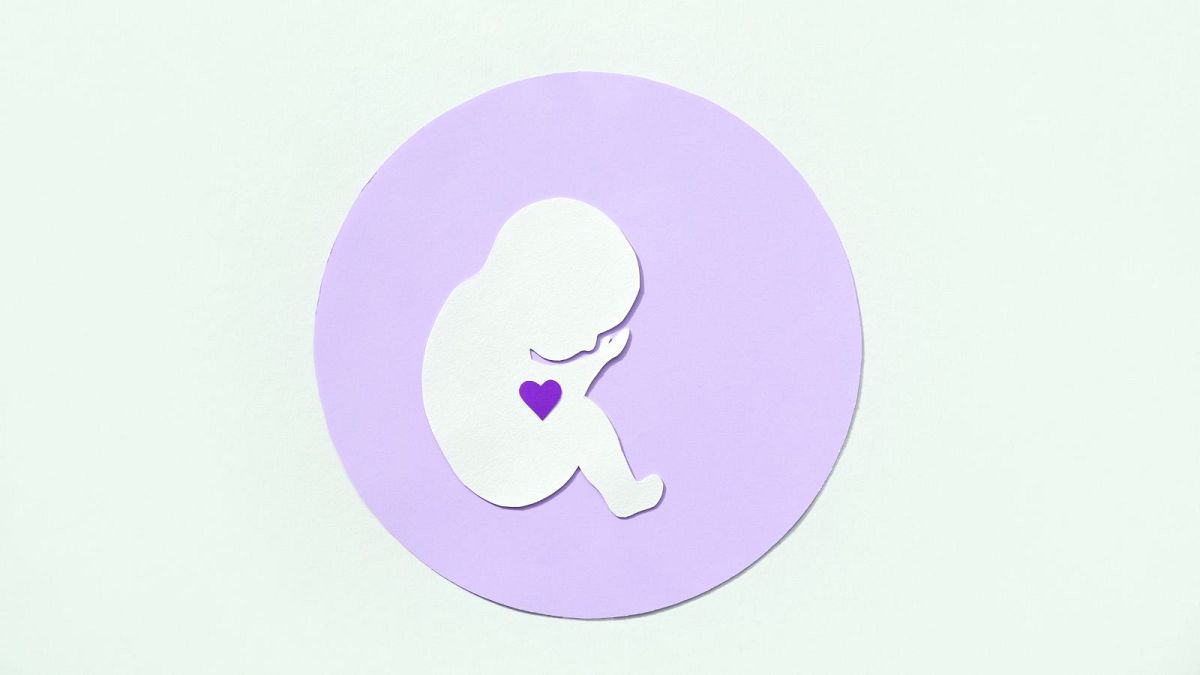Babies born from IVF may have a higher risk of heart defects

Babies born after fertility treatment may have a slightly higher risk of heart defects, a study found.
Babies born through assisted reproductive technology, such as in vitro fertilisation (IVF), may have a 36 per cent higher risk of developing major heart defects compared to those conceived naturally, a new study has found.
Researchers analysed data from over 7.7 million live births across four Nordic countries: Denmark, Finland, Norway, and Sweden over three decades.
They looked for diagnoses of a serious heart defect either while the baby was in the womb or during their first year of life.
Researchers compared the occurrence of major heart defects in babies conceived naturally versus those born after assisted reproductive technology, including IVF, intracytoplasmic sperm injection (ICSI), and embryo freezing.
“Previous research shows that there are increased risks for babies conceived with the help of assisted reproductive technology,” Ulla-Britt Wennerholm, a professor from the University of Gothenburg in Sweden who led the study, said in a statement.
“These include preterm birth and low birth weight. We wanted to investigate whether the risk of heart defects was higher for babies born following assisted reproduction”.
A higher risk for multiple births
The findings were published in the European Heart Journal and revealed that babies conceived through assisted reproduction had a 1.84 per cent risk of heart defects compared to a 1.15 per cent risk for naturally conceived babies.
This increased risk was consistent across different methods of assisted reproduction however it was notably higher when there were multiple births with a 2.47 per cent risk. Single-child births had a 1.62 per cent risk of heart defects.
“The fact that the risk of heart defects is similar regardless of the type of assisted reproduction used may indicate that there is some common factor underlying infertility in parents and congenital heart disease in their babies,” Wennerholm said.
Congenital heart defects often require specialist surgery when babies are very young, which is why identifying babies at higher risk can lead to earlier interventions, the expert added.
“It has been well documented that children born after assisted reproductive technology (ART) have a slightly but significantly increased risk of congenital abnormalities. The commonest such abnormalities are cardiac in nature,” said Bernard Tuch, an adjunct professor at Monash University in Australia and consultant endocrinologist who was not involved in the study.
He added that the increased risk remained low.
In an editorial accompanying the study, Dr Nathalie Auger from the University of Montreal Hospital Research Centre emphasised that there’s a growing prevalence of assisted reproduction, accounting for 2 per cent to 8 per cent of births depending on the country.
“While most neonates born after assisted reproductive technology are healthy, these procedures are not without risks,” she said.
World News || Latest News || U.S. News
Source link



